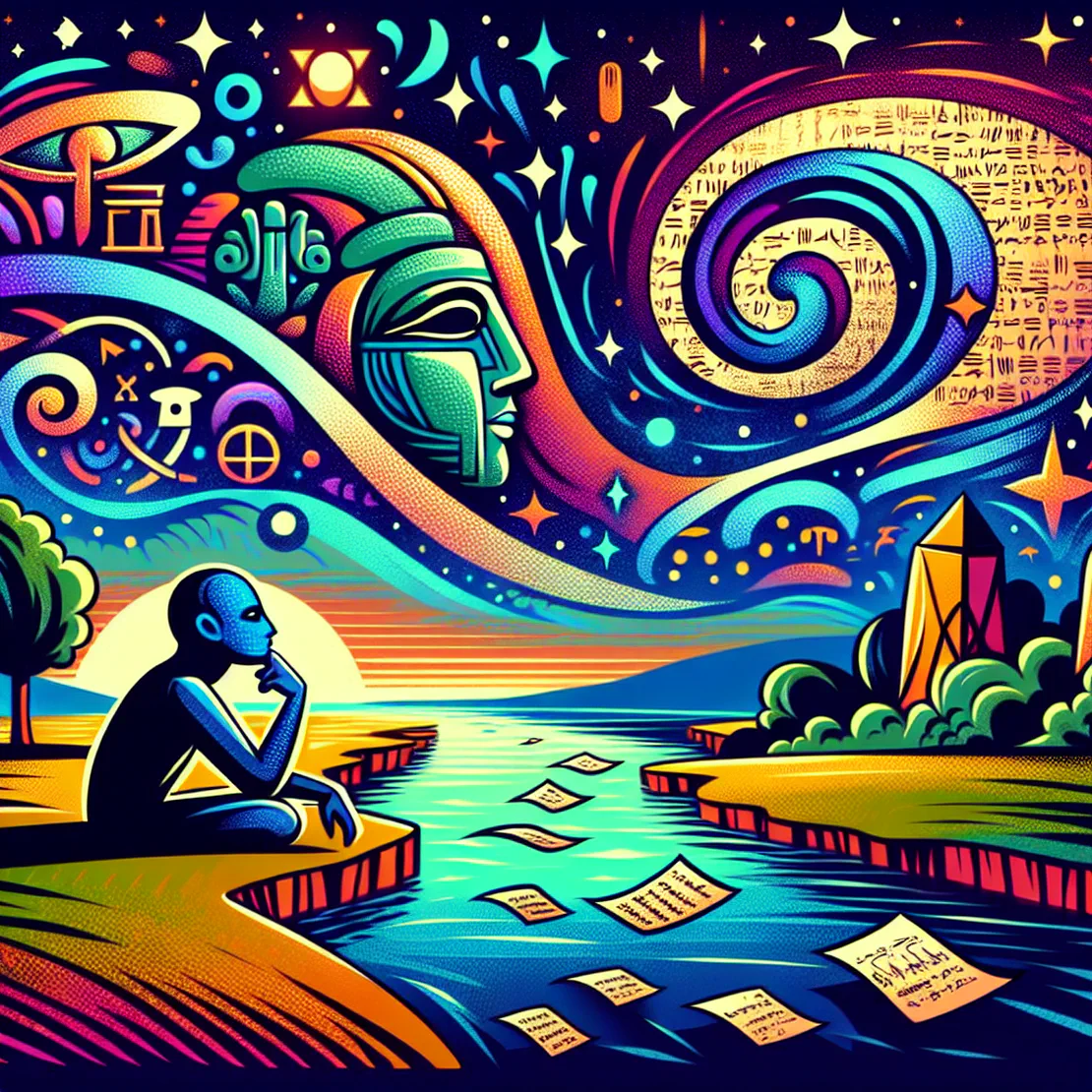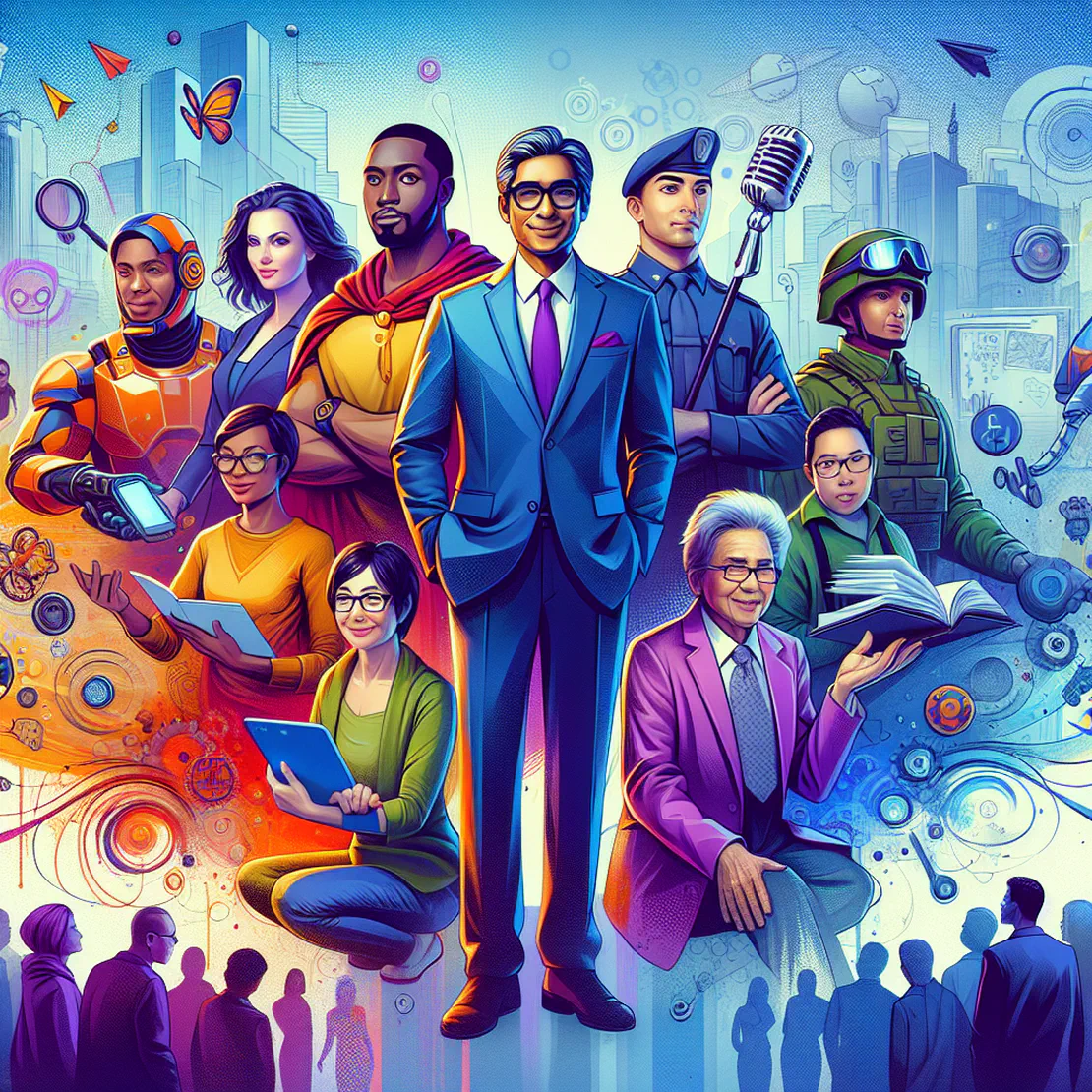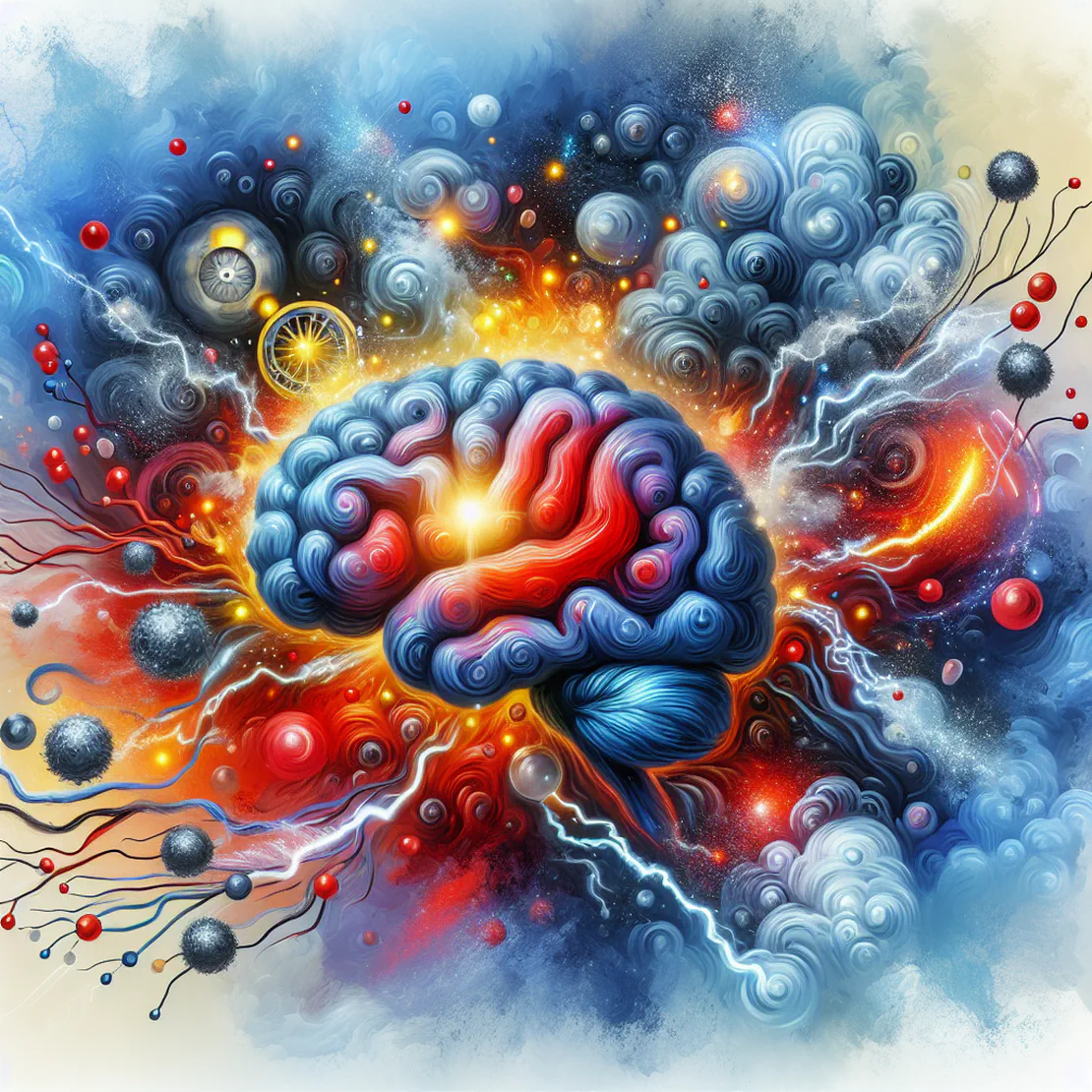
#2217 - Brian Cox
- The Joe Rogan Experience
- Astrophysics , Physics , Black hole
- October 24, 2024
Table of Contents
At a Glance
-
Black Hole Exploration - ‘I’ve been doing some work on black holes recently, which I hadn’t started last time I saw you.’ Brian Cox discusses recent advancements in black hole research, which is significant due to its profound implications in astrophysics.
-
Visualizing Black Holes - ‘We have now got photographs of them. So we have two photographs, which are radio telescope photographs.’ The achievement of photographing black holes is highlighted, marking a historic moment in space exploration.
-
Impact of Social Media - ‘I think it’s a primary source of mental illness for a lot of people or at least an accelerant of mental illness.’ This point raises concerns about the psychological effects and broader social implications of social media usage.
-
Education on Information Navigation - ‘I think that’s something that we should probably be teaching to children is how to navigate social media and how to navigate influence.’ Emphasizes the importance of educating the young on handling information in the digital age.
-
Eclipse Experience - ‘The eclipse was wild. We had the eclipse here in Texas. Oh, yeah, it was incredible.’ A moment of awe and natural wonder that brings a lighter, personal touch to the discussion.
-
Light Pollution Concerns - ‘It was such a vivid image of the entire Milky Way… It would greatly expand the curiosity of young people to explore space.’ Points out the negative effects of light pollution and its impact on astronomy education and appreciation.
-
Existential Reflection During Eclipse - ‘I got this feeling that I was living on a ball of rock.’ A humorous yet profound reflection that highlights the surreal and impactful nature of observing an eclipse, enhancing our understanding of our place in the universe.
-
Astrophysics and Public Misconceptions - ‘The number of tweets I got back saying that space is fake… I don’t even know what that means.’ This highlights the challenges scientists face when public misconceptions and conspiracy theories clash with scientific facts.
-
The Great Silence - ‘Astronomers have a name for it. They call it the great silence’ Brian Cox discusses the Fermi paradox and the intriguing silence of the cosmos despite the high likelihood of extraterrestrial life, pointing to the profound mystery of our universe.
What to Do
-
‘Embrace being wrong’ - ‘Learning from mistakes leads to growth and understanding, especially in scientific endeavors where experimentation often leads to unexpected results.’
-
‘Value the process of acquiring reliable knowledge’ - ‘Understanding complex systems like climate requires careful study and modeling, even though models are not perfect, they are essential tools for learning and decision-making.’
-
‘Educate on navigating social media’ - ‘Given the impact of social media on mental health and societal dynamics, teaching how to handle online interactions and misinformation is crucial.’
-
‘Understand the complexity of systems’ - ‘Whether in science or society, recognizing the nuanced nature of complex systems can help in developing more effective strategies for problem-solving and coexistence.’
-
‘Stay informed and critical’ - ‘In an era of misinformation, maintaining a critical perspective and seeking out multiple viewpoints can protect against manipulation and bias.’
-
‘Prioritize education to strengthen democracy’ - ‘An educated populace is better equipped to handle the challenges of modern information flows and can contribute to a more robust democratic process.’
-
‘Recognize the role of democracy in conflict prevention’ - ‘Understanding that the primary function of democracy is to prevent conflict can guide more constructive political discourse and engagement.’
-
‘Be cautious of the influence of money in politics’ - ‘Awareness of how financial interests can distort political priorities is vital for maintaining a society that truly reflects the will of the people.’
-
‘Critically evaluate sources of information’ - ‘In an age where misinformation can spread widely, evaluating the credibility and intent behind information sources is essential for forming informed opinions.’
-
‘Adapt to technological changes responsibly’ - ‘As technology evolves, particularly the internet, it’s necessary to continuously learn and adapt to its impacts on society and personal behavior.’
What to Get
-
Chronology Protection Conjecture paper by Stephen Hawking - A theoretical framework suggesting that laws of physics prevent time travel to the past.
-
BBC series ‘Wonders of the Solar System’ - A television series that contributed to the speaker becoming well known; relevant for understanding cultural impact and media.
Summary
- Working on It


